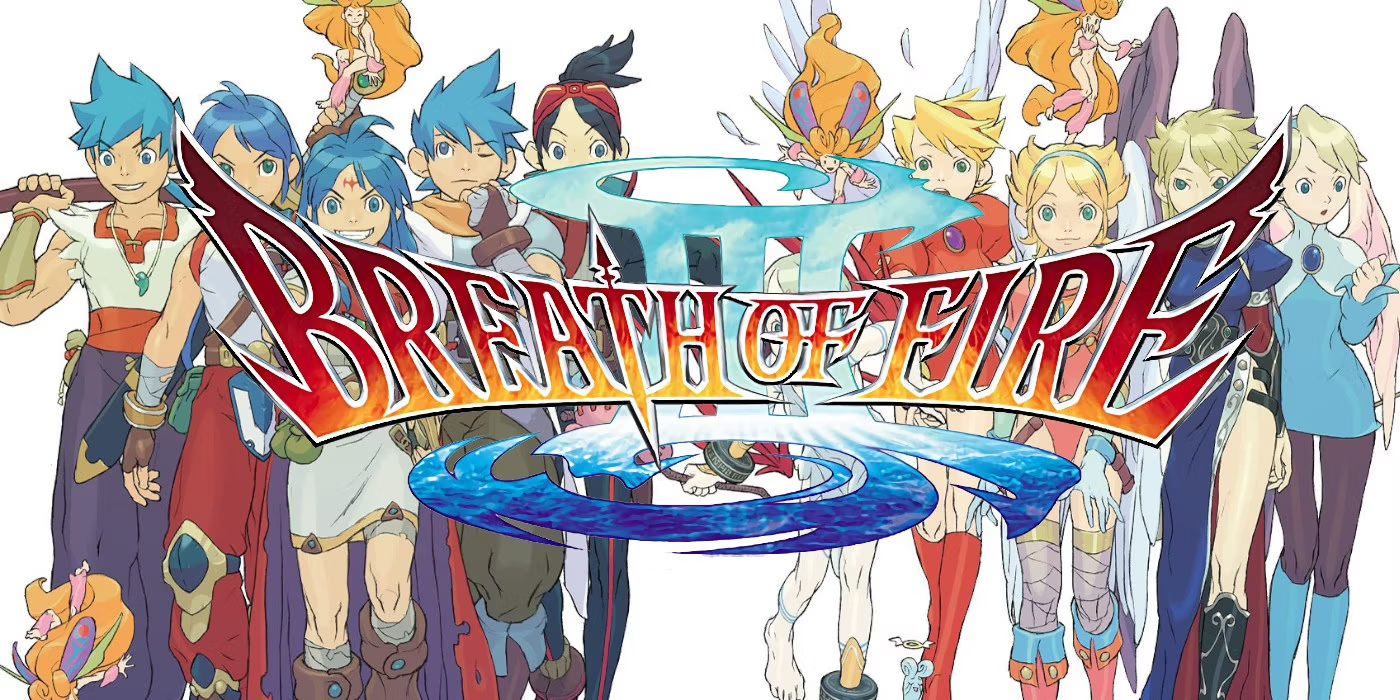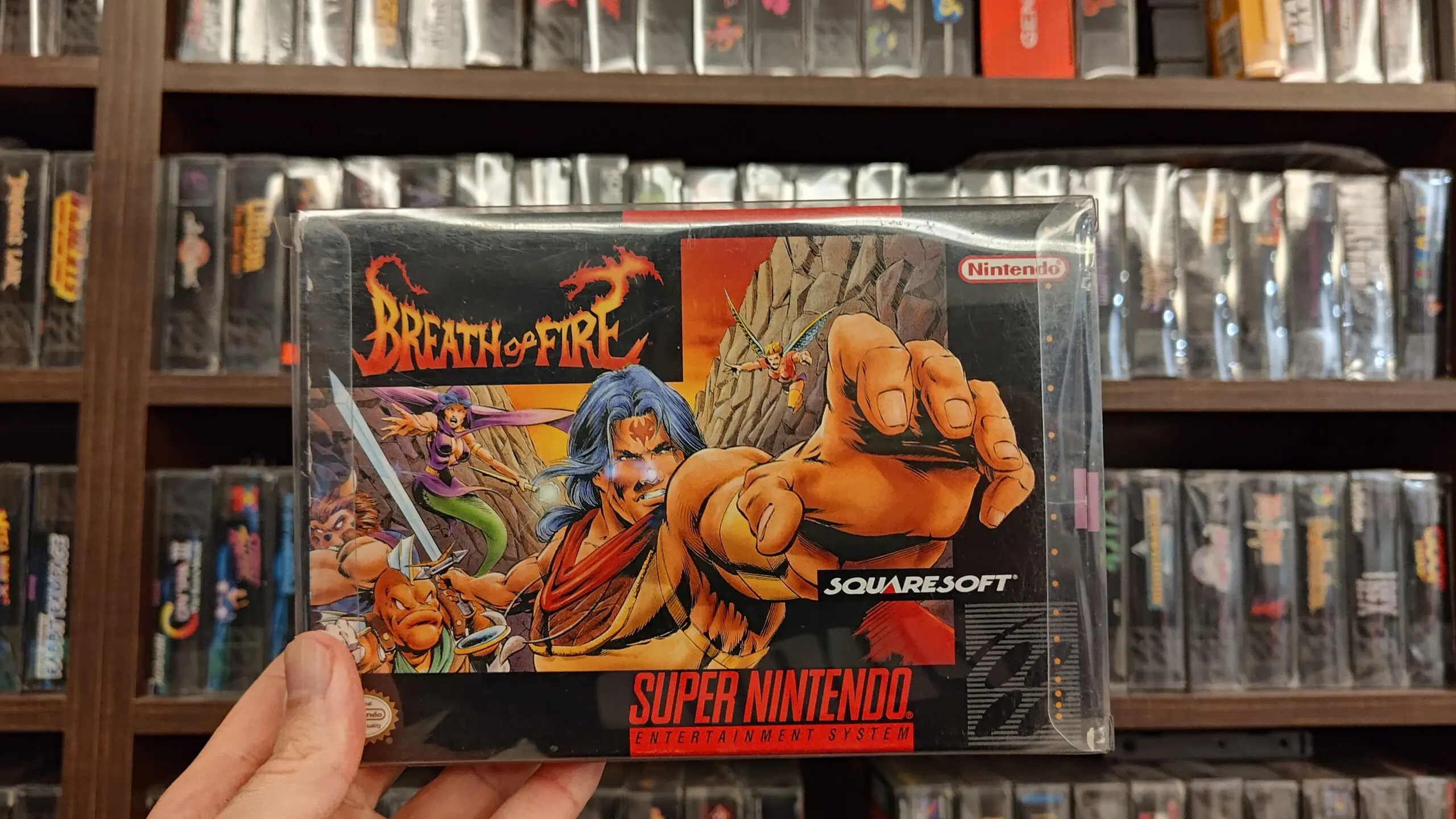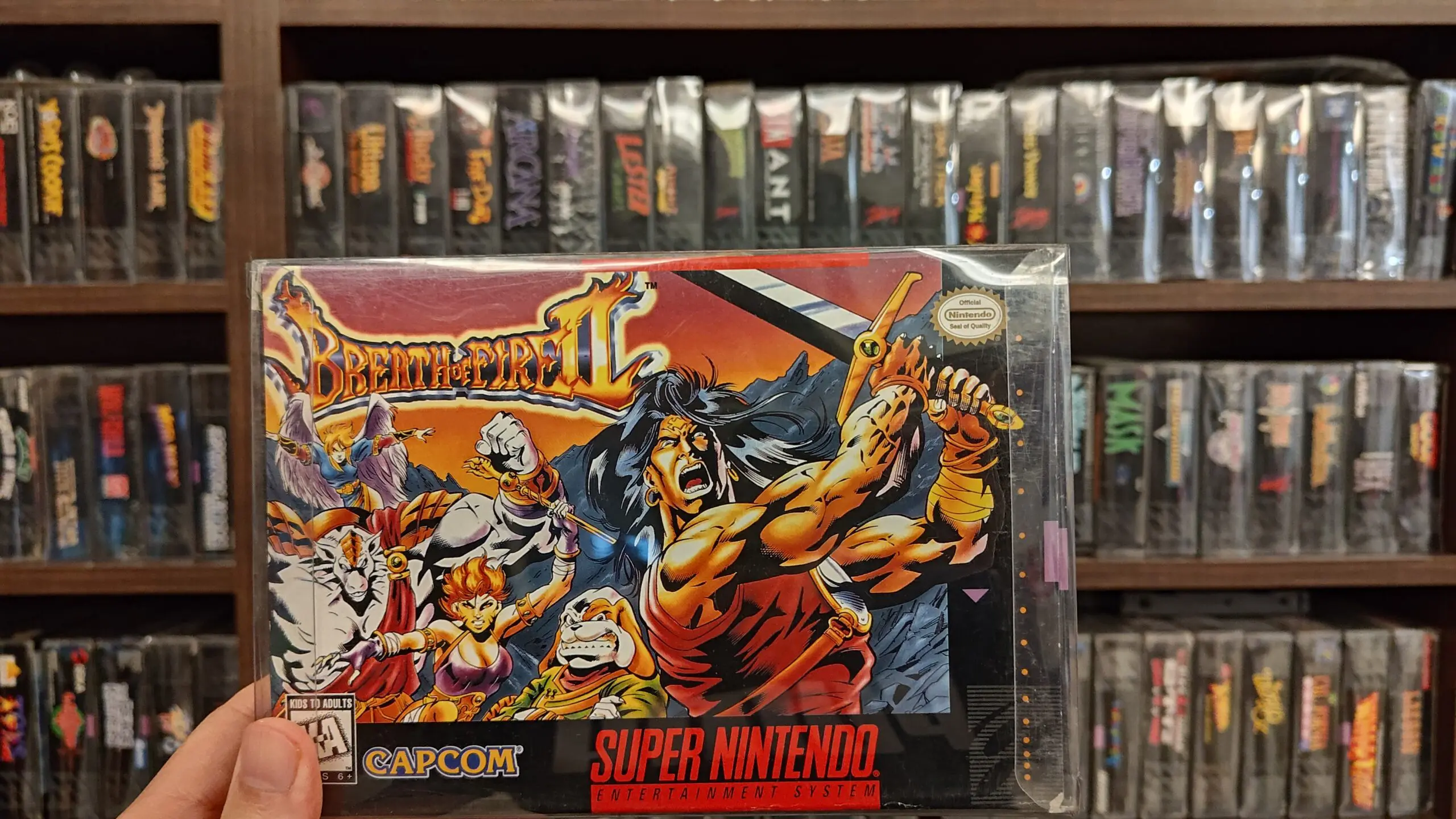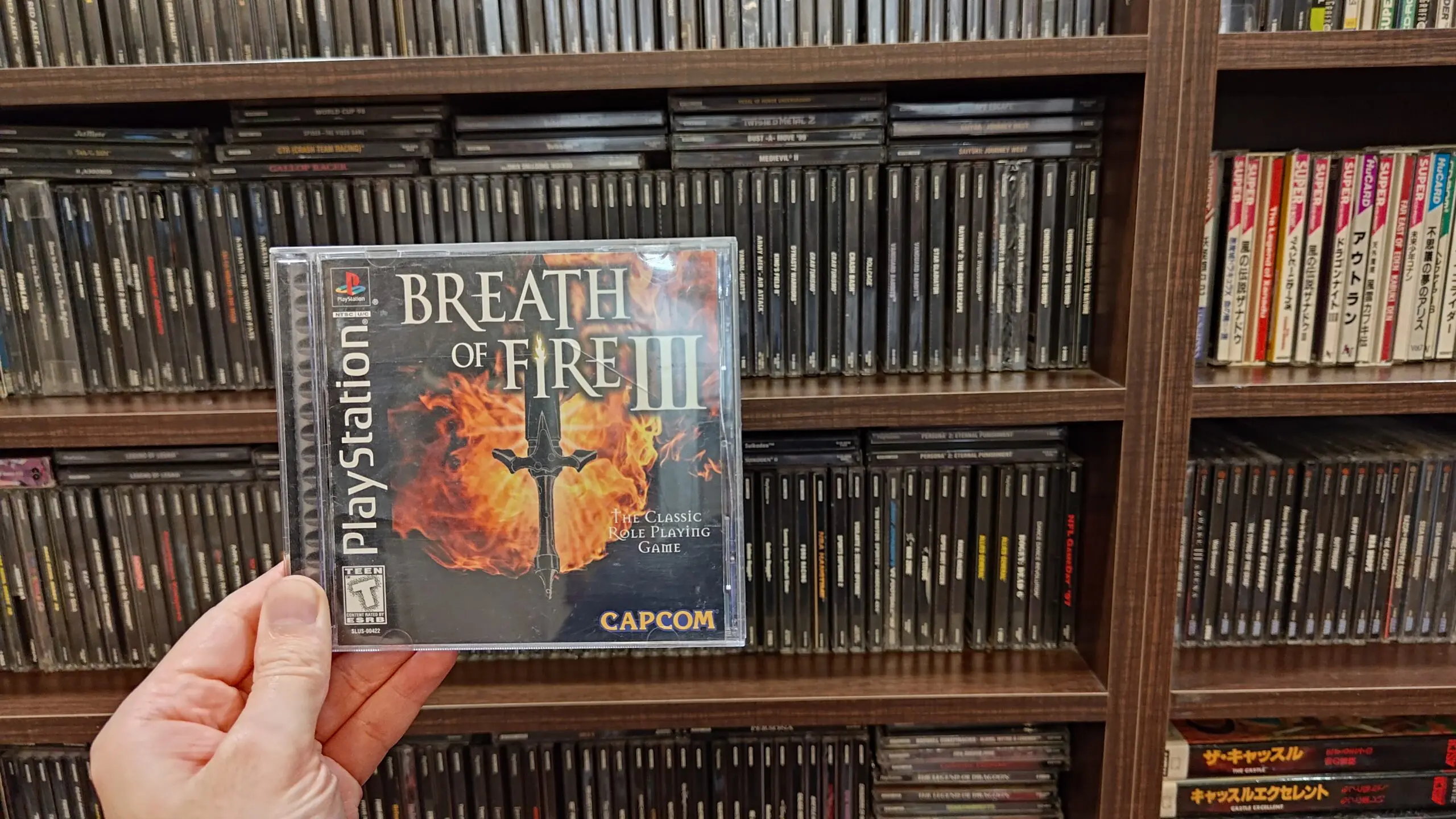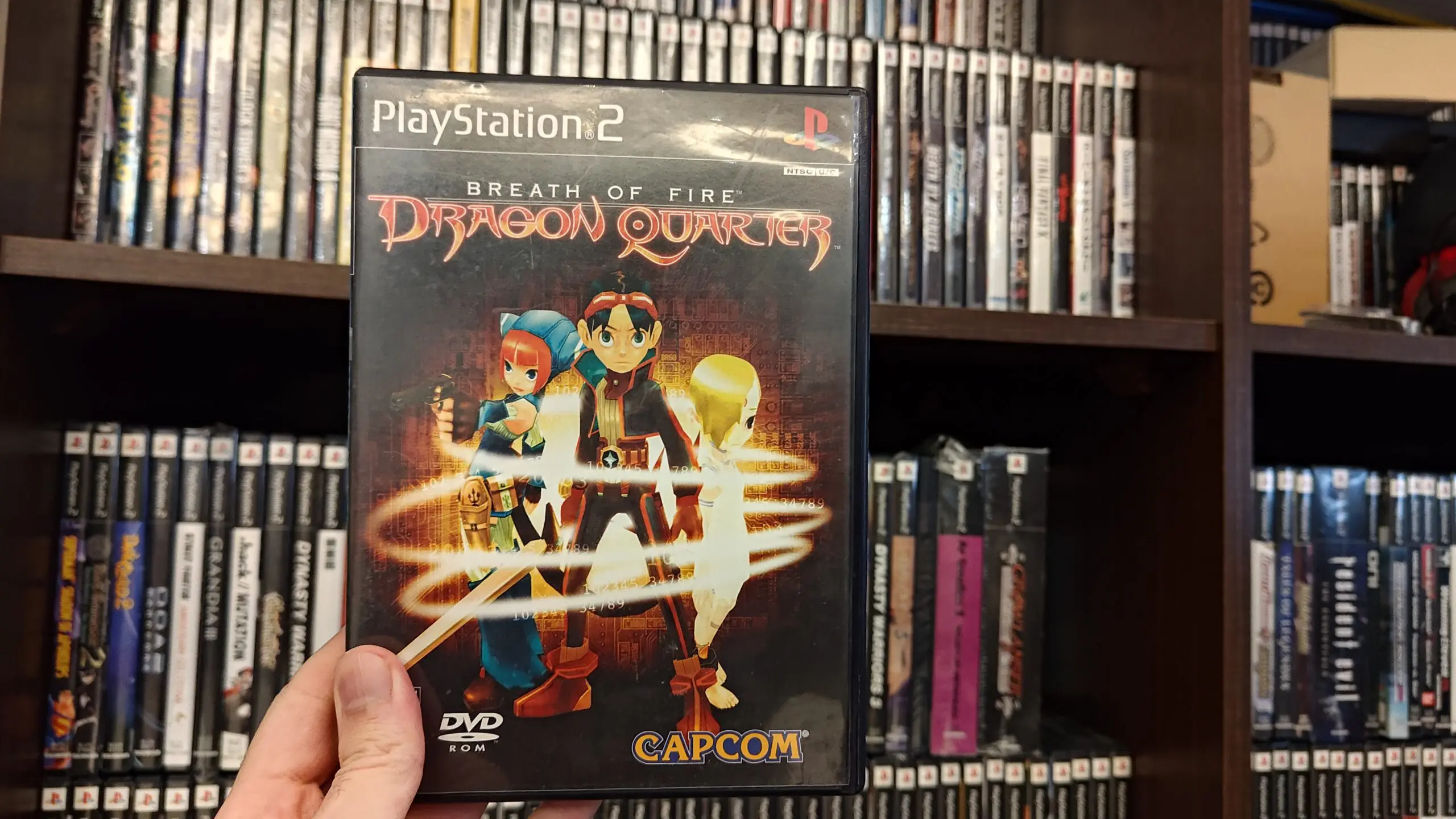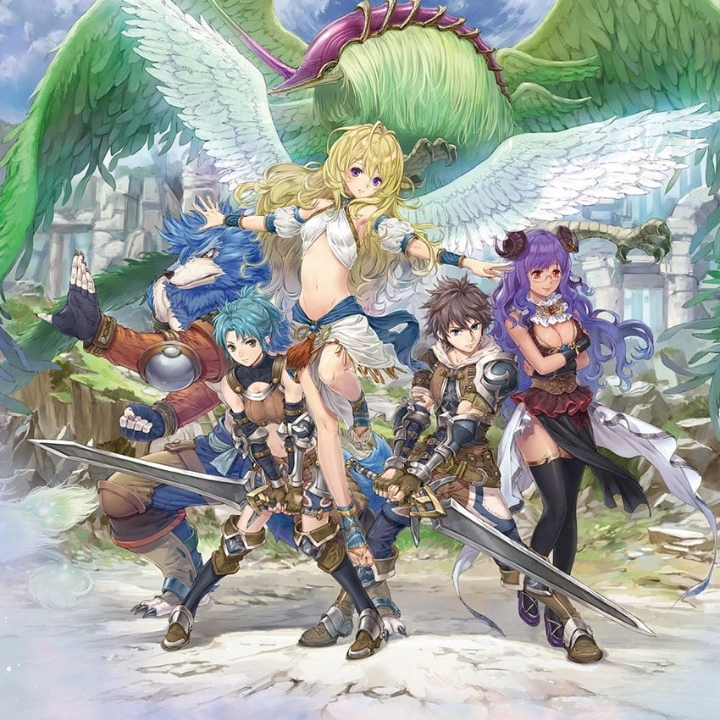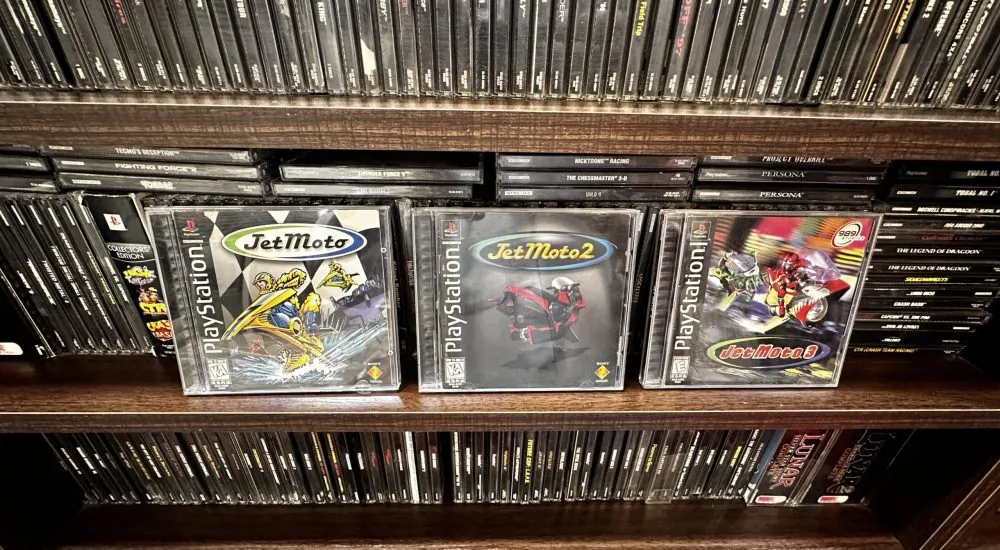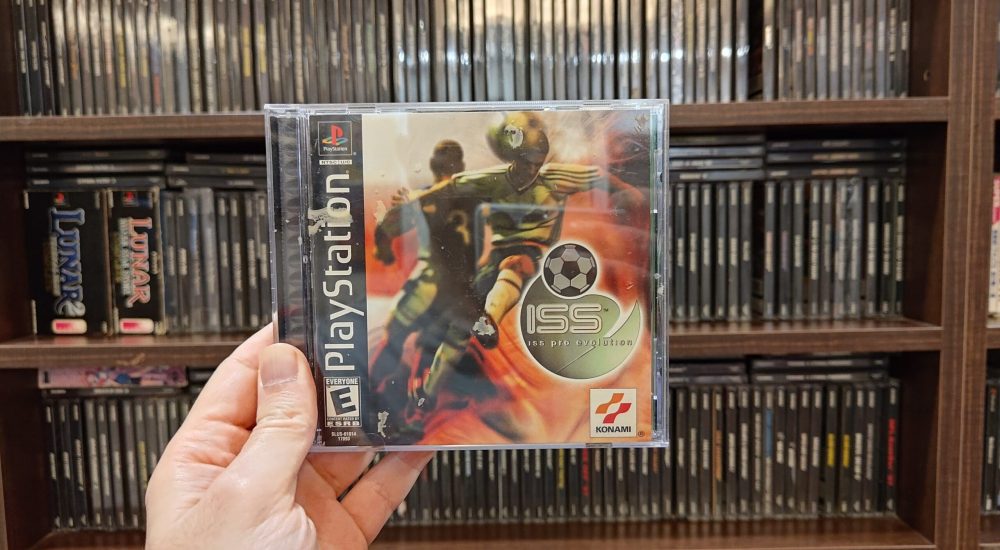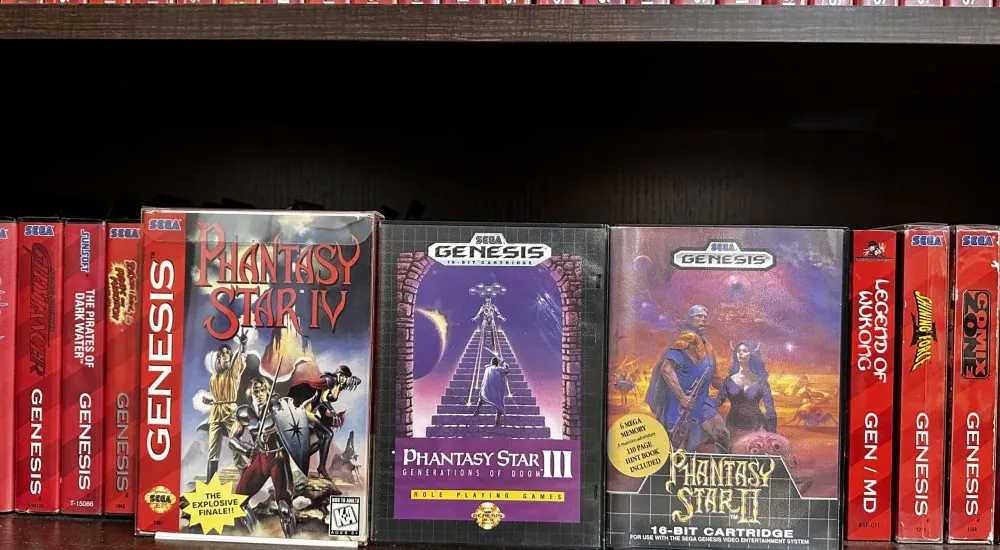The Breath of Fire series is a collection of role-playing games developed by Capcom. The series is known for its recurring characters, Ryu and Nina, and its blend of medieval fantasy and technological elements. Below is an overview of each main game in the series, highlighting their key features and a ranking from best to worst, with Breath of Fire III ranked as the best.
Key Features of Each Game
Breath of Fire (1993)
Platform: Super Nintendo Entertainment System (SNES), Game Boy Advance
Setting: Medieval fantasy world
Gameplay: Traditional turn-based RPG with a top-down perspective, featuring dragon transformations and a party system
Story: Follows Ryu, a member of the Dragon Clan, on a quest to stop the Dark Dragons from conquering the world
Breath of Fire II (1994)
Platform: SNES, Game Boy Advance
Setting: Continuation of the medieval fantasy world
Gameplay: Similar to the first game but with improved graphics and deeper story elements. Introduces the “Shaman” system for character transformations
Story: Ryu embarks on a journey to uncover the truth about his missing father and the mysterious demon, Deathevan
Breath of Fire III (1997)
- Platform: PlayStation
Setting: Mix of medieval and technological elements
Gameplay: Introduces the “Dragon Gene” system, allowing players to customize dragon transformations. Features a blend of traditional RPG elements with a more open world
Story: Ryu, a young dragon, seeks to discover his origins and the truth about the world
Breath of Fire IV (2000)
Platform: PlayStation
Setting: Medieval fantasy with a focus on Eastern themes
Gameplay: Combines traditional RPG mechanics with a unique combo system in battles. Features dual protagonists, Ryu and Fou-Lu
Story: Explores themes of destiny and duality, with Ryu and Fou-Lu’s intertwined fates
Breath of Fire: Dragon Quarter (2002)
Platform: PlayStation 2
Setting: Post-apocalyptic, steampunk environment
Gameplay: Diverges from traditional RPG mechanics with a focus on survival and tactical combat. The “D-Counter” system limits dragon transformations
Story: Ryu, a low-ranking soldier, must escape to the surface of a dystopian world
Breath of Fire 6 (2016)
Platform: Windows, mobile devices
Setting: Fantasy world with online multiplayer elements
Gameplay: Action-oriented with real-time combat, designed for online play
Story: Continues the series’ themes but was less well-received due to its departure from traditional RPG elements
Ranking from Best to Worst
Breath of Fire III: Praised for its engaging story, character development, and innovative Dragon Gene system, it is often considered the pinnacle of the series
Breath of Fire IV: Known for its beautiful animation and deep narrative, it is a favorite among fans for its artistic style and complex story
Breath of Fire II: Appreciated for its improved mechanics over the first game and its compelling story, it holds a special place for many fans
Breath of Fire: Dragon Quarter: While divisive, it is respected for its bold changes and tactical gameplay, appealing to those looking for something different
Breath of Fire: As the series’ origin, it established the core elements but is considered basic compared to its successors
Breath of Fire 6: Criticized for its departure from the series’ roots and reliance on online mechanics, it is generally viewed as the weakest entry
This ranking reflects both critical reception and fan opinions, with Breath of Fire III often highlighted as the best due to its balance of innovation and classic RPG elements.

